To provide the best experiences, we use technologies like cookies to store and/or access device information. Consenting to these technologies will allow us to process data such as browsing behaviour or unique IDs on this site. Not consenting or withdrawing consent, may adversely affect certain features and functions.
The technical storage or access is strictly necessary for the legitimate purpose of enabling the use of a specific service explicitly requested by the subscriber or user, or for the sole purpose of carrying out the transmission of a communication over an electronic communications network.
The technical storage or access is necessary for the legitimate purpose of storing preferences that are not requested by the subscriber or user.
The technical storage or access that is used exclusively for statistical purposes.
The technical storage or access that is used exclusively for anonymous statistical purposes. Without a subpoena, voluntary compliance on the part of your Internet Service Provider, or additional records from a third party, information stored or retrieved for this purpose alone cannot usually be used to identify you.
The technical storage or access is required to create user profiles to send advertising, or to track the user on a website or across several websites for similar marketing purposes.
 Microsoft has announced Microsoft Viva, which it claims is the first employee experience platform to bring tools for employee engagement, learning, wellbeing and knowledge discovery, directly into people’s workflow. Viva is designed to help employees ‘learn, grow and thrive’ in the new era of working life, and is designed to work alongside existing solutions such as Microsoft 365 and Microsoft Teams. More →
Microsoft has announced Microsoft Viva, which it claims is the first employee experience platform to bring tools for employee engagement, learning, wellbeing and knowledge discovery, directly into people’s workflow. Viva is designed to help employees ‘learn, grow and thrive’ in the new era of working life, and is designed to work alongside existing solutions such as Microsoft 365 and Microsoft Teams. More →





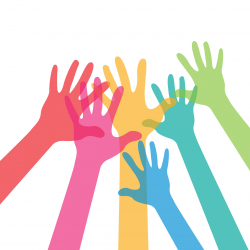 The Covid-19 pandemic has had an unprecedented effect on the way in which we work and has brought in to focus the challenges around mental health and wellbeing. The recognition that we are in the midst of the biggest mental health crisis since the Second World War brings the challenge in to stark focus. Time to Talk Day (today) aims to get the nation talking more openly about mental health, and there could not be a better time for it. Research from
The Covid-19 pandemic has had an unprecedented effect on the way in which we work and has brought in to focus the challenges around mental health and wellbeing. The recognition that we are in the midst of the biggest mental health crisis since the Second World War brings the challenge in to stark focus. Time to Talk Day (today) aims to get the nation talking more openly about mental health, and there could not be a better time for it. Research from 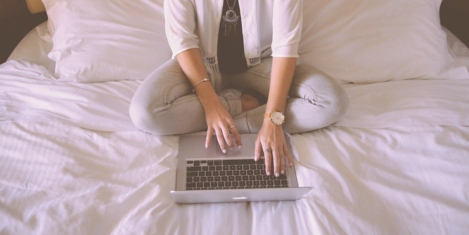
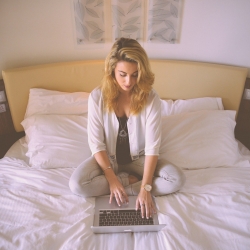 With working from home set to continue for millions of UK workers, research by the
With working from home set to continue for millions of UK workers, research by the 


 When the COVID-19 crisis hit the UK in March 2020, many commented that the virus didn’t discriminate and that its impact would be felt equally by everyone. However, as highlighted in Nuffield Health’s
When the COVID-19 crisis hit the UK in March 2020, many commented that the virus didn’t discriminate and that its impact would be felt equally by everyone. However, as highlighted in Nuffield Health’s 
 As a new year comes into view, many SMEs in the UK are concerned about the mental health of their staff as much as their ability to drive revenue, new research claims. The new survey conducted by
As a new year comes into view, many SMEs in the UK are concerned about the mental health of their staff as much as their ability to drive revenue, new research claims. The new survey conducted by 
 ‘Stress by Sector’ data released by
‘Stress by Sector’ data released by 
 There’s no question that many people now, feeling the weight of lockdown 3 and with no clear view on the timing of any sort of ‘return to normal’, are finding it tough to stay motivated. Many are burnt out. We can gain some insight into what is going on for many individuals by way of neuroscience, specifically how the brain works and how it copes with changing situations.
There’s no question that many people now, feeling the weight of lockdown 3 and with no clear view on the timing of any sort of ‘return to normal’, are finding it tough to stay motivated. Many are burnt out. We can gain some insight into what is going on for many individuals by way of neuroscience, specifically how the brain works and how it copes with changing situations. 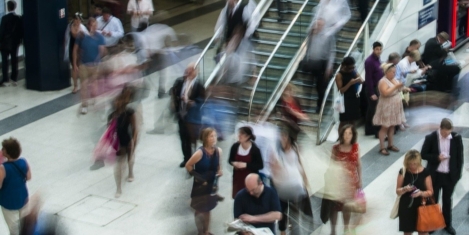
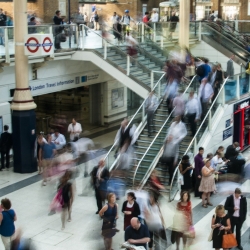 While workers in the UK have been working from home, if they can, for almost a year, a third say they miss commuting, claims research from recruiter
While workers in the UK have been working from home, if they can, for almost a year, a third say they miss commuting, claims research from recruiter 
 Philanthrocapitalism is a term that’s only 15 years old. A modern concept for the modern age. Or is it? In the late 1800s, George Cadbury bought a plot of land five miles south of Birmingham to relocate his factory and expand his chocolate empire. But greater levels of chocolate production weren’t his only concern; he also built an entire village to accommodate the new factory’s workforce. The plan was for this village – called Bournville, which now shares its name with the brand’s famous dark chocolate – to “alleviate the evils of modern, more cramped living conditions”. Port Sunlight, built on the Wirral Peninsula by the Lever Brothers, whose manufacturing company is now part of Unilever, offers up a similar story.
Philanthrocapitalism is a term that’s only 15 years old. A modern concept for the modern age. Or is it? In the late 1800s, George Cadbury bought a plot of land five miles south of Birmingham to relocate his factory and expand his chocolate empire. But greater levels of chocolate production weren’t his only concern; he also built an entire village to accommodate the new factory’s workforce. The plan was for this village – called Bournville, which now shares its name with the brand’s famous dark chocolate – to “alleviate the evils of modern, more cramped living conditions”. Port Sunlight, built on the Wirral Peninsula by the Lever Brothers, whose manufacturing company is now part of Unilever, offers up a similar story. 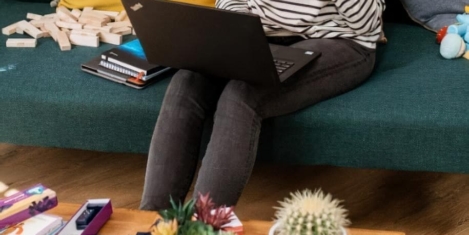
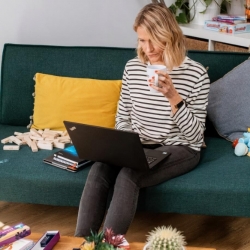 A new generation of long-term homeworkers created by COVID-19 is at risk physically and mentally through inadequate employer support, claims research by
A new generation of long-term homeworkers created by COVID-19 is at risk physically and mentally through inadequate employer support, claims research by 













February 5, 2021
Workplace things we have missed, and those we hope to regain
by Emma Morley • Comment, Technology, Wellbeing, Workplace design